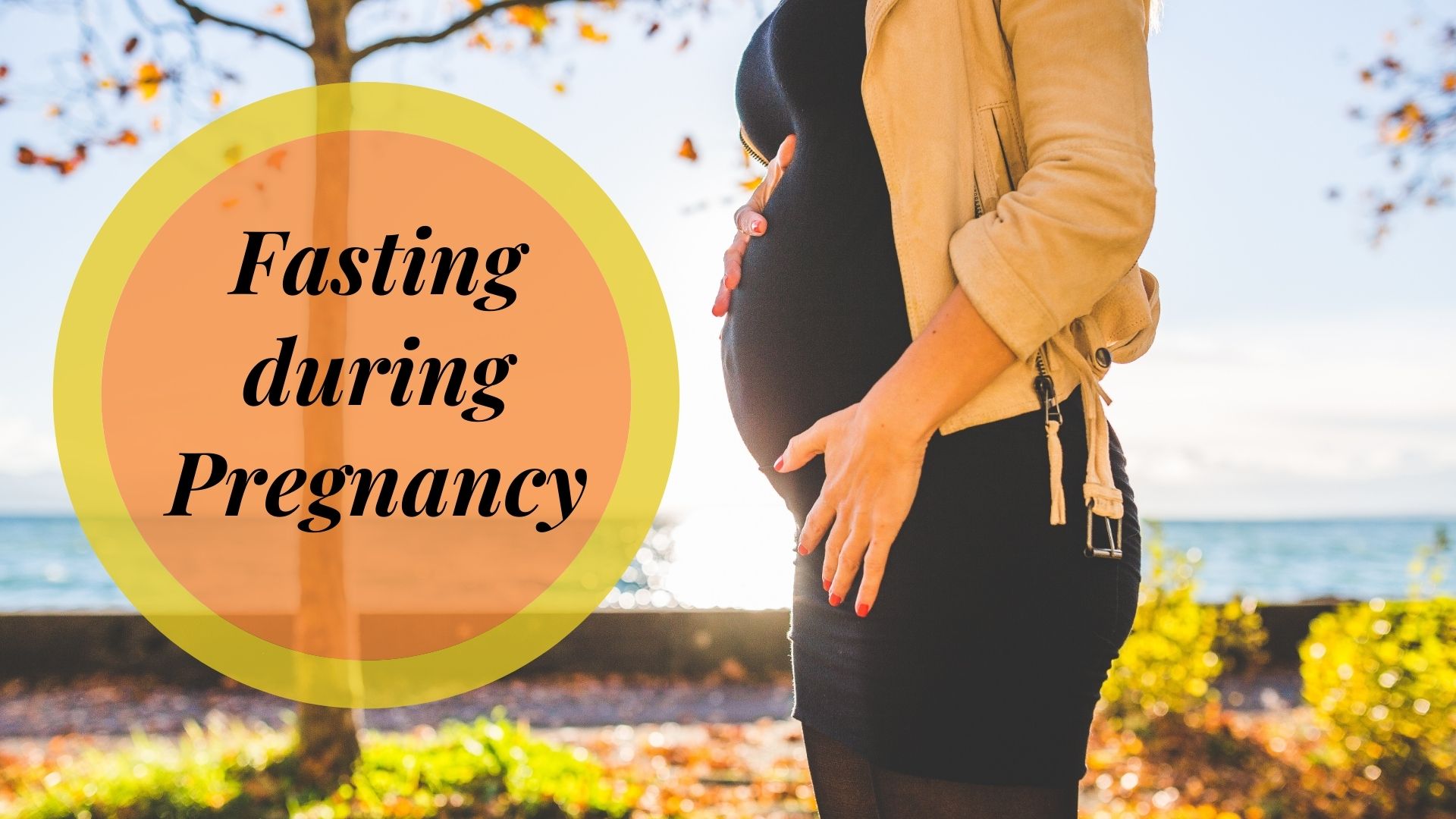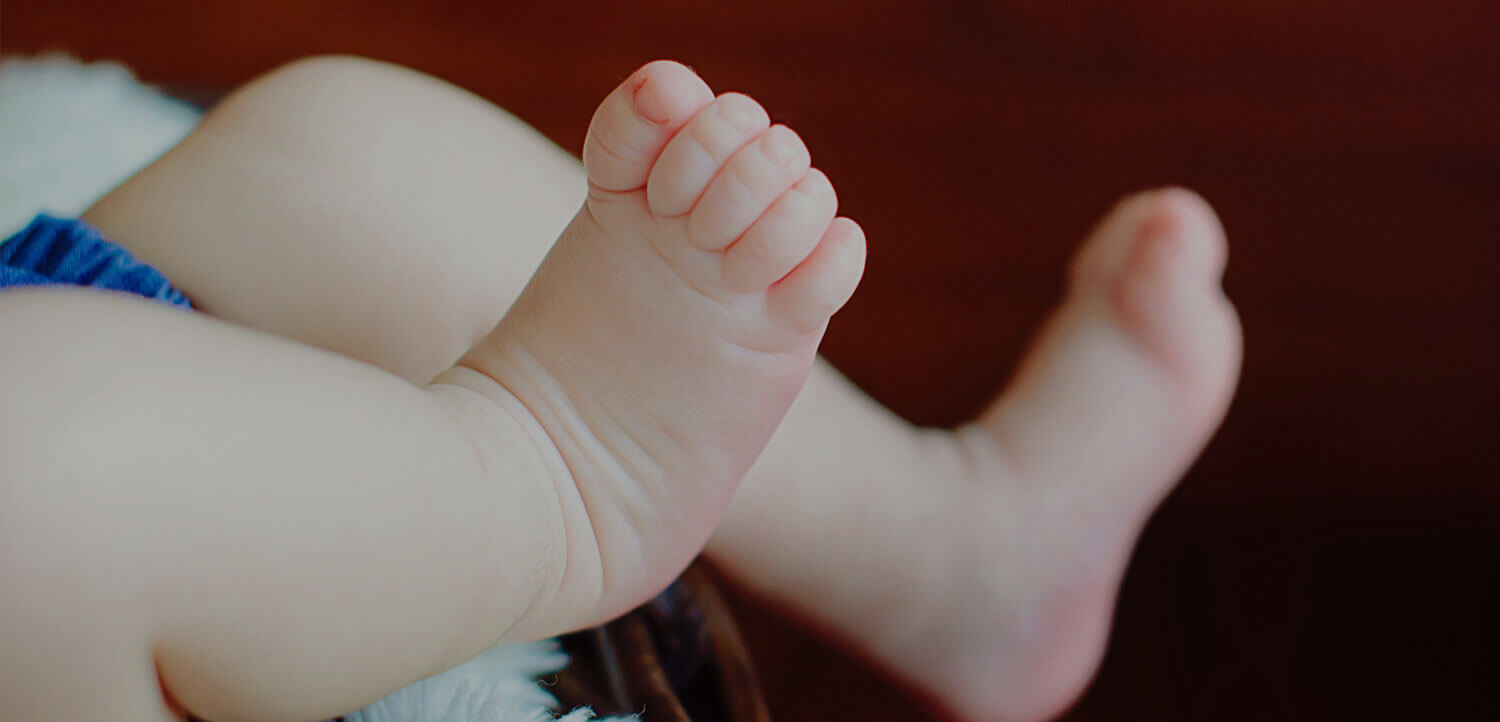
There is no proper evidence on if fasting during pregnancy may affect the mother or child, and more research is required to correctly identify if fasting has any positive or negative impacts on pregnancy or baby weight. But most would suggest to avoid it as pregnancy is a time when we need to focus on the mother and baby’s health by having proper nutrients, as well as help, increase the baby weight. When fasting you may not have much energy as you will be low on food and water as compared to other days. In the end, fasting is a personal choice but always do consult with your doctor before planning to fast.
An expectant mother who has high blood pressure, heart problems or diabetes must avoid fasting. The health of mother and baby must be of prime importance. Fasting during the first trimester doesn’t usually have many risks as the fetus will require just a small amount of energy at this stage.
Sometimes fasting may help reduce the risk of developing gestational diabetes.
Factors to look into before starting to fast when pregnant
- First and foremost, the mother should be healthy.
- The number of hours you will be fasting and the climate of the place, ie if it is summer chances are the duration of fasting will be longer and you may be tried sooner than in winter as the climate is hot.
- At which stage of pregnancy you are currently in.
Steps to take care when fasting:
When fasting during the non-fasting hours make to include these in your diet –
- Have lots of water and include fruits and vegetables which are high on water content.
- Follow healthy eating habits and include lots of fiber to prevent constipation.
- Avoid heavy physical activities that can tire you easily to avoid losing your energy and take more rest if possible.
- Avoid salty food and caffeinated drinks.
- There is an increased chance of acidity so avoid acidic foods.
- Also, keep track of your baby’s movements if you are in the final trimester.
How to break the fast?
- When breaking the fast always start with small meals.
- Have more of whole grains and proteins which release energy slowly as well as lots of water to keep you hydrated.
- Have a mixed but balanced diet which will include all the sets of nutrients required for the baby.
When should I stop fasting:
- If you feel week or dizzy or have nausea.
- Your weight has reduced after you started fasting.
- You have any signs of contractions.
- If you are urinating less as it is a sign of dehydration.
- When you are passing dark colored urine which can make you prone to urinary tract infections (UTI).
If you suddenly feel dizzy or faint break your fast by having water with sugar or salt.
For any more details on fasting when pregnant kindly contact us.

